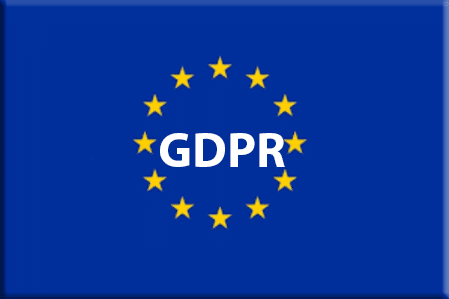In today’s era, we are continually looking for more effective ways to keep our personal data secure. Whether it be for storage or transfers, your personal data can reveal highly valuable information that would be detrimental to you if it ended up in the wrong hands.
The European Union recently evolved the laws around personal data security to ensure more consistency with protecting data across all EU nations. The change came into effect May 25, 2018, and compliance is mandatory for all EU nations.
Consider the following key points to understand these changes and keep your personal data safe.
General Data Protection Regulation (GDPR)
The new regulations are now known as the General Data Protection Regulation (GDPR). They replaced the Data Protection Directive 95/46/ec to ensure the utmost safety in regards to consumer data. It is the new baseline for setting the standard for personal data safety amongst all EU nation citizens.
Some of the key requirements of the GDPR include:
- Transferring data across borders in a safe manner
- Consent is required before processing
- A data protection officer is to be appointed for particular companies to ensure GDPR compliance
- Providing notifications in case of a data breach.
- Users must have the ability to opt out of data sharing
- Users can adjust and delete what data is stored and shared by a company
VPN for Securing Data
If you are looking for the most reliable method to encrypt and secure your data, a VPN (Virtual Private Network) is the best option. When activated, a VPN creates a tunnel for your data to flow through. Each time you log onto the internet and request access to a website, your device sends and receives data from the network. Some of this data includes your IP (Internet Protocol) address, which can reveal your location.
As your data travels through the VPN tunnel, it is encrypted and secured, making it virtually impossible to hack. It provides some of the highest standards of protection you can get for protecting your traveling personal data.
Are VPNs GDPR Compliant?
Questions have emerged regarding VPN providers logging user information that goes through their server. That will all depend on the region from which you are obtaining your VPN. Some are required to keep a log of online activity, which ultimately defeats the purpose of using a VPN.
However, most VPNs will keep a connection log – the information required to create an account with the provider. It maintains a record of the users and what services they need. Since the new regulations manifested, VPNs have been required to ensure the utmost security when it comes to their stored user data in EU nations. Not complying with the new security rules could result in hefty fines.
If you are in need of a method to secure and encrypt your data at all times that is is compliant with the new GDPR laws, VPN software is your best option. VPN companies fall under the requirements of GDPR, which means you can rest assured that you are receiving the utmost security for your personal data.


